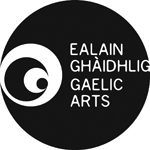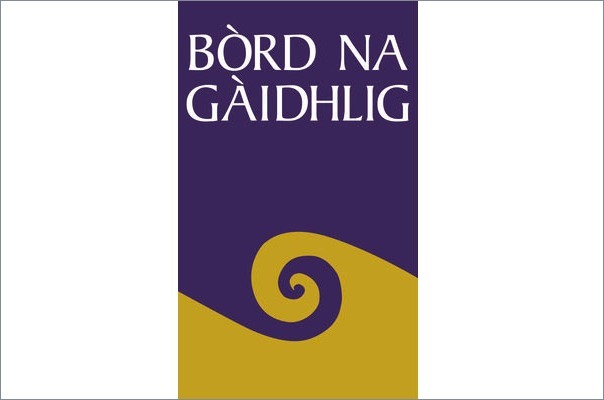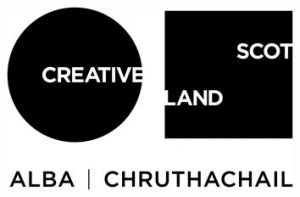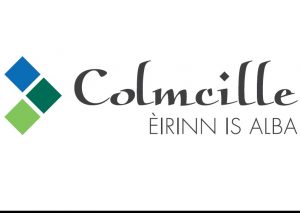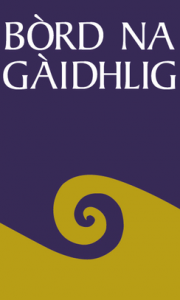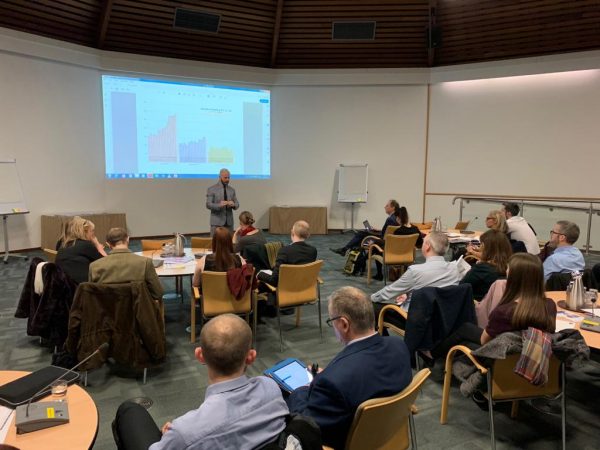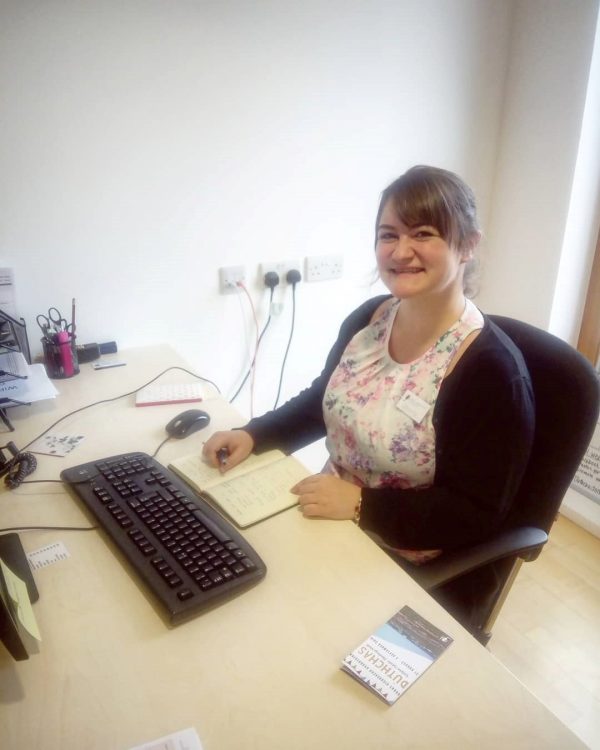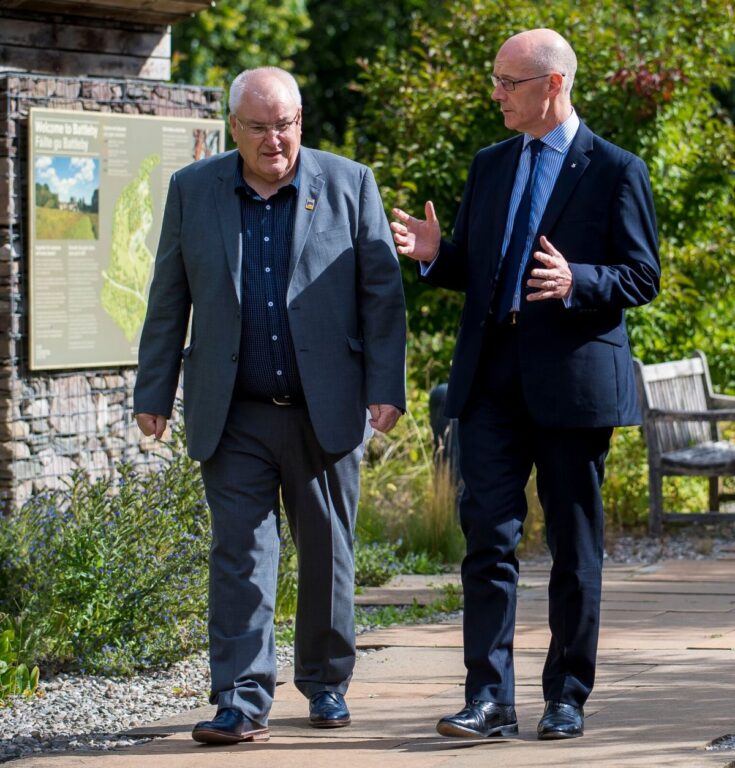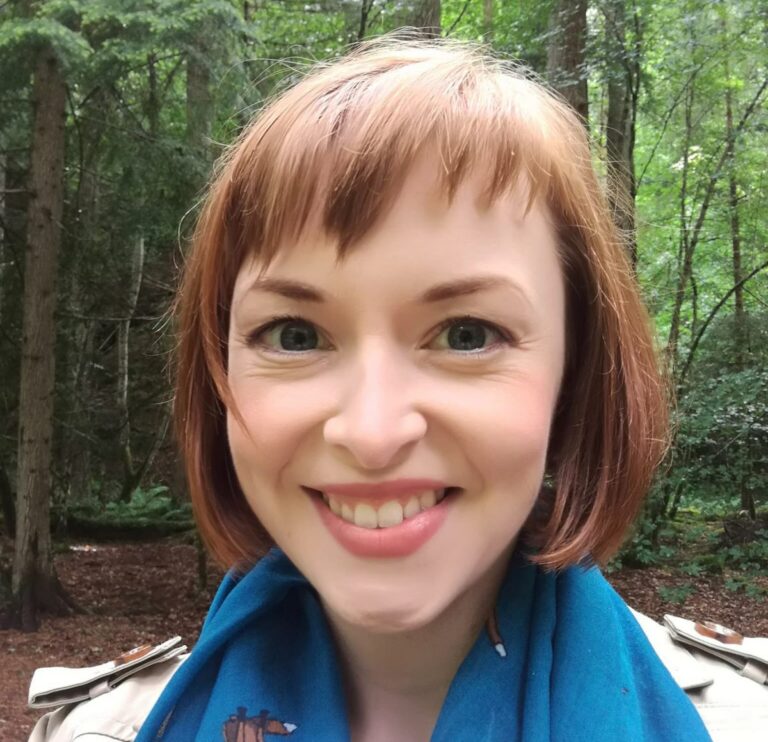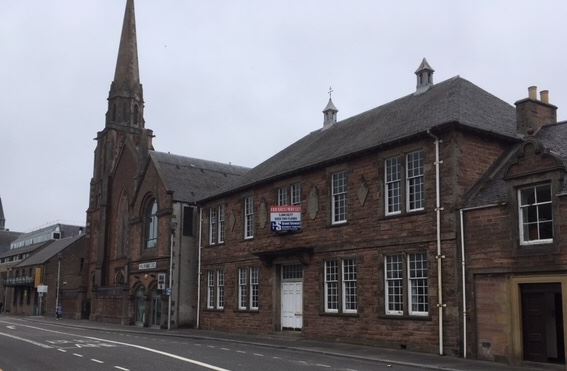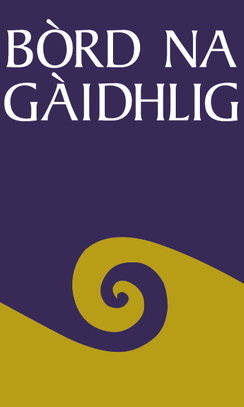
Bòrd na Gàidhlig, the public body responsible for promoting Gaelic language and culture, is seeking to appoint a new Director of Gaelic Education.
The post holder will be responsible for the Bòrd’s education policy, advising the Bòrd itself, Scottish Government and other education and learning providers such as local authorities on the Bòrd’s aims for developing Gaelic education.
Jim Whannel, Chair of the Learning Committee at Bòrd na Gàidhlig said: “The successful candidate will have the opportunity to make a significant contribution to the growth of Gaelic and Gaelic education at all levels – from children using Gaelic at home to adult learning via digital technology. The Bòrd’s work provides valuable support to families, local authorities and people learning Gaelic.
“We work closely with the Scottish Government, Education Scotland and other public bodies, universities and colleges and community groups and the Director of Gaelic Education is at the heart of this partnership working. The post will be both rewarding and stimulating for the successful candidate who will possess the knowledge, skills and abilities to take advantage of the opportunities which they will be given at the Bòrd.”
An information pack detailing the job and the terms and conditions is available from the Bòrd’s website www.gaidhlig.scot
Applications must be submitted by 5pm, Monday 22 October 2018. The post is advertised on the salary scale C2, which starts at £60,379.
Anyone interested in the post who would like further information or to have an informal conversation about it, should contact Shona MacLennan, Ceannard, on shona@gaidhlig.scot to arrange this.
For more information: http://www.gaidhlig.scot/bord/corporate/staffing/vacancies/[:ga]Tha Bòrd na Gàidhlig an-diugh a’ foillseachadh shanasan airson na dreuchd, Stiùiriche Foghlam na Gàidhlig, dreuchd cho cudromach ’s a tha ri fhaighinn ann am foghlam Gàidhlig.
Bidh an neach soirbheachail a’ stiùireadh poileasaidh foghlaim is ionnsachaidh a’ Bhùird, a’ comhairleachadh an Riaghaltais agus ag obair gu dlùth còmhla ri ùghdarrasan ionadail agus buidhnean-lìbhrigidh eile airson amasan a’ Bhùird a thaobh foghlaim is ionnsachaidh a choileanadh.
Chaidh Am Plana Cànain Nàiseanta Gàidhlig 2018-23 fhoillseachadh o chionn beagan mhìosan le trì prìomhachasan agus ’s e ‘A’ toirt fàs air ionnsachadh na Gàidhlig’ fear dhiubh. Mar sin, tha a h-uile cothrom aig cuideigin a bhith a’ toirt buaidh mhòr air leasachadh ann an ionnsachadh na Gàidhlig thar nam bliadhnaichean ri teachd. ’S e obair glè inntinneach a tha seo, far am bi an neach ag obair le ùghdarrasan ionadail air feadh na h-Alba, is le buidhnean foghlaim eile.
Thuirt Jim Whannel, Cathraiche na Comataidh Ionnsachaidh aig Bòrd na Gàidhlig: “Bidh iomadh cothrom aig an neach a bhios soirbheachail buaidh mhòr a thoirt air fàs na Gàidhlig tro fhoghlam aig gach aois – eadar clann san dachaigh gu inbhich a tha ag ionnsachadh tro dhòighean didseatach. Tha obair a’ Bhùird glè chudromach ann a bhith a’ cur taic ri teaghlaichean, ris na h-ùghdarrasan ionadail agus ris na daoine a tha ag ionnsachadh na Gàidhlig.
“Tha sinn ag obair gu dlùth leis an Riaghaltas, le Foghlam Alba agus buidhnean poblach eile, leis na h-oilthighean is colaistean is buidhnean sa choimhearsnachd is tha Stiùiriche Foghlam na Gàidhlig aig cridhe na h-obrach seo. Bidh an obair seo glè tharraingeach is inntinneach dhan neach aig a bheil na sgilean, comasan is eòlas a tha freagairt air na cothroman a tha rim faotainn aig a’ Bhòrd.”
Gheibhear pasgan fiosrachaidh mun dreuchd air-loidhne air làrach-lìn a’ Bhùird -www.gaidhlig.scot.
Feumar tagraidhean airson na h-obrach a chur chun a’ Bhùird ro 5.00f, Diluain 22 An Dàmhair 2018. Tha an tuarastal aig an sgèile C2, a tha a’ tòiseachadh aig £60,379.
Ma tha sibh airson barrachd ionnsachadh mun dreuchd agus bruidhinn mu deidhinn gu neo-fhoirmeil, cuiribh fios dhan Cheannard, Shona NicIllinnein shona@gaidhlig.scot.
Airson barrachd fios: http://www.gaidhlig.scot/gd/bord/corporate/staffing/vacancies/
